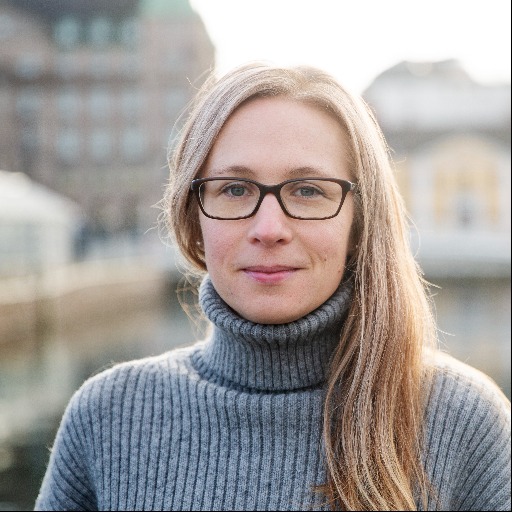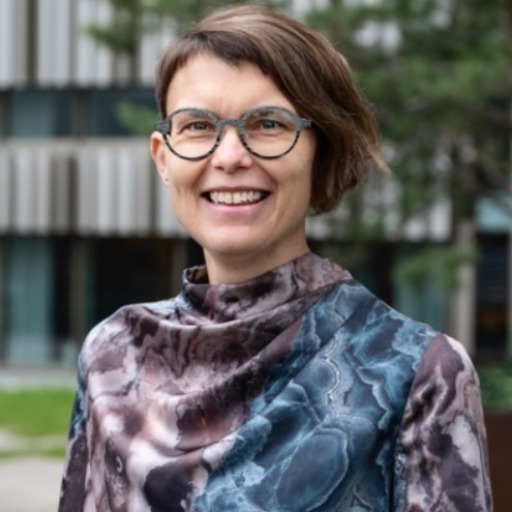We use cookies on this website. Cookies help us deliver the best experience on our website. Read about cookies.
-
- Education
- Education
- Programmes and courses
- Applications and admissions
- Tuition fees
- Scholarships
- Exchange studies at Malmö University
- Study Guidance
-
- After admission
- After admission
- Moving to Malmö
- Pre-orientation
- Arrival guide
-
- About studies at Malmö University
- About studies at Malmö University
- Why choose Malmö University
- Understanding university studies
- Connect with our students
On the page -
- Research
- Research
-
- Doctoral studies
- Doctoral studies
- Doctoral courses
-
- Doctoral schools
- Doctoral schools
- Adaptation of urban space through sustainable regeneration
- ComBine
- Culturally Empowering Education through Language and Literature
- Education, Learning and Globalisation
- Finding ways in a time of great future challenges (FinnFram)
- Swedish National Graduate School in Science and Technology Education Research
- Learning in Multicultural Societal Contexts
- Pedagogy and Vocational Skills
- Relevancing Mathematics and Science Education (RelMaS)
- Sustainable Movement Education
- The National Research School for Professionals in Social Services
- Research subjects
-
- Research centres
- Research centres
- Biofilms Research Centre for Biointerfaces
- Citizen Health
- Imagining and Co-Creating Futures
- Institute for Urban Research
- Malmö Institute for Migration Studies
- Literacy and Inclusive Teaching
- Centre for Work Life Studies
- Sustainable Digitalisation Research Centre
- Centre for Sexology and Sexuality Studies
-
- Research publications
- Research publications
- Search for research publications in Diva
- Malmö University Press
- Research events
- Participate in a research study
- Coffee Break Quiz
On the page -
- Collaboration and Innovation
- Collaboration and Innovation
-
- Levels of collaboration
- Levels of collaboration
-
- Local collaboration
- Local collaboration
- Muvah
- Co-Create Malmö
- Regional collaboration
- National collaboration
-
- International collaboration
- International collaboration
- UNIC
- Innovation
- Collaboration with students
-
- Collaborate with researchers
- Collaborate with researchers
- Labs and facilities
- Culture collaboration
- Support Malmö University
- Alumni & Friends
On the page -
- About us
- About us
-
- Faculties and departments
- Faculties and departments
-
- Faculty of Culture and Society
- Faculty of Culture and Society
- Department of Global Political Studies
- School of Arts and Communication
- Department of Urban Studies
-
- Faculty of Education and Society
- Faculty of Education and Society
- Department of Childhood, Education and Society
- Department of Sports Sciences
- Department of Culture, Languages and Media
- Department of Natural Science, Mathematics and Society
- Department of Society, Culture and Identity
- Department of School Development and Leadership
- The Centre for Teaching and Learning (CAKL)
-
- Faculty of Technology and Society
- Faculty of Technology and Society
- Department of Computer Science and Media Technology
- Department of Materials Science and Applied Mathematics
- Faculty of Odontology
- University Dental Clinic
-
- Find and contact Malmö University
- Find and contact Malmö University
- Visit Malmö University
-
- News and press
- News and press
- Graphic manual
- Map of the buildings (Google Maps)
- Merchandise
- Supplier information and invoice management
- Whistleblowing
- We will help you with your questions
- Management and decision-making paths
-
- Malmö University's strategy 2030
- Malmö University's strategy 2030
- Sustainability
- Widened recruitment and participation
- Quality assurance work at the University
-
- Malmö Academic Choir and Orchestra
- Malmö Academic Choir and Orchestra
- Student work – video pieces
-
- Annual Academic Celebration
- Annual Academic Celebration
- Academic traditions
- Meet our new professors
- Meet our new doctors
- Honorary doctors
-
- The University in a troubled world
- The University in a troubled world
- Campus total defence
On the page
The Child's Best Interest: welfare sector's strategic communication with children
The Convention on the Rights of the Child, including children's digital rights, forms the basis for the activities of the Child's Best Interest environment. Within the environment, there is a strong commitment to developing a child rights-based approach in the strategic communication of welfare sectors. In collaboration with key societal actors, we want to strengthen children's digital citizenship through research and education.
Our Research
In 2020 the UN Convention on the Rights of the Child was incorporated into Swedish legislation. Children have the right to reliable and accessible digital communication, including information about the welfare and public sector’s missions and services. The right to information online is central to children’s digital citizenship. In 2021, the UN Committee on the Rights of the Child added a general comment (no. 25) to the Convention, which stresses that children’s rights apply both offline and online. Researchers and stakeholders from the welfare sector agree that current child-rights law from 2020 is insufficient as changes in terms of new knowledge, and new ways of working in organizations are required. A call is made for more evidence-based research on integrating a child-rights approach into daily work. Currently, there is insufficient knowledge regarding how to develop and strengthen welfare sector communication from a child-rights perspective.
Purpose and objectives
The Child’s Best Interest aims to strengthen the child rights perspective in welfare sector’s strategic communication in terms of research, education, and collaboration. Strategic communication includes everything from formulating goals, planning, target group analysis, type of media, content, and various forms of evaluation. The Child’s Best Interest focuses mainly on digital strategic communication, although other communication is considered. The welfare sector includes non-profit organisations and public sector (at national, regional and municipal level).
- To contribute with new theoretical and methodological (including ethical issues) knowledge and develop a new research subfield within strategic communication – with its child rights perspective.
- To contribute with new knowledge on children's needs and expectations regarding welfare sector digital communication.
- To contribute with new knowledge on the opportunities and limitations in organisational structures for strengthening children's rights in strategic communication in terms of resources, policies and working methods.
- To contribute with new knowledge on how the welfare sector can implement and develop strategic communication from a child rights perspective.
Collaboration
Do you see a need to strengthen the child rights perspective in your strategic communication? We work with all stages of the communication process, from aim formulation, media mix, design/layout to evaluation strategies.
Different forms of collaboration with the welfare sector is an important basis for our work through, for example, research projects, courses/training via knowledge-enhancing workshops and lectures. Please contact us if your organisation has questions about possible collaboration.

